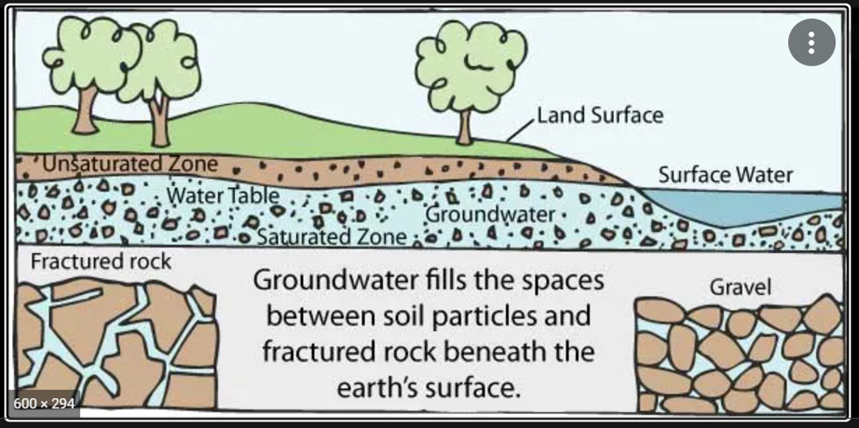Resilient groundwater supports Pacific communities
Access to safe water and sanitation is a basic human right, and critical to the resilience of all Pacific people. However, to date approximately 45 per cent of the Pacific population live without access to basic drinking water facilities, with most of these living in rural or remote settings with limited access to materials and services (JMP)
If current trajectories persist, millions of Pacific people will continue to endure water insecurity for generations to come, with profound implications for health, livelihoods, food security, the environment, and human rights.
The need to rapidly accelerate access to safe, clean and resilient sources of drinking water is clear, however efforts to boost access in the Pacific must also consider the need for resilience to future shocks, including those caused by disaster and climate change.
At SPC, our Disaster and Community Resilience Program works alongside Pacific countries to better understand and overcome the challenges faced by communities seeking to improve access to safe drinking water. Through the application of science and technology, SPC is helping communities build upon their traditional knowledge of local water sources to identify new and innovative answers to their most difficult drinking water challenges. In many cases, these answers can be found underground.
Groundwater is fresh water found in the small spaces that exist between the sand, soil and rock under our feet. Replenished by rainfall, it can be a safe, sustainable and a resilient source of drinking water for communities if effectively managed. Groundwater is often present in quantities many times greater than the volumes normally stored in rainwater tanks and can therefore prove resilient to prolonged dry weather. As an underground resource, groundwater is also far less susceptible to the damage caused by extreme events such as cyclones and can provide an important lifeline to communities in times of disaster.
SPC works with its Member Countries across the Pacific to apply technical tools (such as electro-magnetic and resistivity surveys) to identify locations where groundwater has the potential to support safe and sustainable drinking water supplies. Survey results can then be analysed to determine the best places to access the groundwater, and water quality can be tested to determine safety for human consumption. Technical assessments of the data shed further light on whether a source can be safely and sustainably harnessed for human use, providing communities with a solid basis for decision-making alongside social, economic and cultural considerations.
For many Pacific communities, improved understanding of groundwater resources has been a significant factor in building community resilience – not only through building the bores, pipes and pumps needed to connect groundwater to communities, but also by building community capacity to monitor, manage and protect this important resource into the future.


